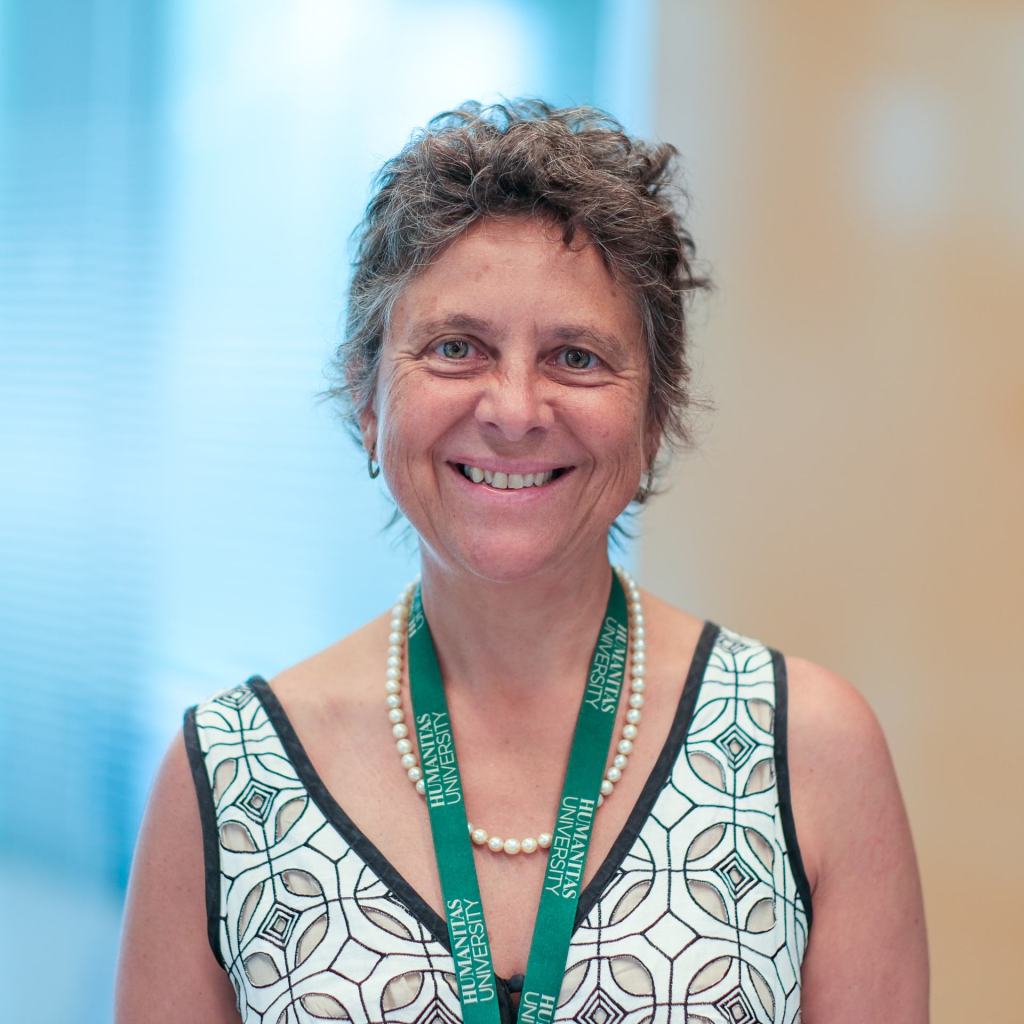Franca Barbic is Associate Professor of Occupational and Environmental Health at Humanitas University, she is the clinic coordinator of the Syncope and Cardiovascular Autonomic Disorders Unit at Humanitas Research Hospital as well as a researcher at the Clinical Epidemiology and Research Center in Humanitas.
Barbic graduated in Medicine and Surgery at the University of Milan Medical School in 1990 and specialized in Occupational Medicine and Industrial Hygiene at the University of Pavia in 1994. Since 2002, she has been a Senior Consultant Occupational Physician in both Italian and International Companies, as well as in major hospitals.
She is visiting Professor of Occupational Cardiology at the Post-Graduate School of Occupational Medicine of Università Cattolica Sacro Cuore, in Rome, and Adjunct Professor at Department of Epidemiology & Biostatistics at the Schulich School of Medicine & Dentistry of the Western University of London, Ontario. She is also Secretary of the Scientific Committee in Cardiology of Occupational Health at the International Commission on Occupational Health.
Since the beginning of her career, Franca Barbic was involved in clinical studies on human neural mechanisms controlling the cardiovascular system during physiological and pathological conditions. She has a wide expertise on power spectral, cross-spectral of heart period, blood pressure, and respiratory activity variabilities and she promoted the application of these methodologies in Occupational Medicine and in Work Environment. She studied the effects of rotating 24-hour shift work, and night work on autonomic cardiovascular system. In the last years she did researches on Parkinson Disease and other autonomic syndromes including Pure Autonomic Failure, Vasovagal Syncope, Postural Orthostatic Tachycardia Syndrome (POTS), Fibromyalgia, Ehler Danlos and consequences on work ability. She studied the cardiovascular physiopathology of Orthostatic Syncope at European Space Agency (ESA), Cologne, Germany. Recently, she has been working in research projects aimed at evaluating the incidence of post-Covid19 autonomic syndrome and consequences on work ability.
